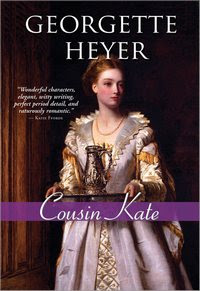Week 40: Red Odyssey and more dystopia

Red Odyssey , by Marat Akchurin In 1990, the USSR was staring to fall apart. Perestroika wasn't going all that well. And there wasn't a lot of news coming out of Central Asian countries, so writer Marat Akchurin, a Tartar, decided to take a road trip to see how conditions were. He visited every Central Asian country--Uzbekistan, Tajikistan, Kyrgyzstan, Azerbaijan, and so on--talking to friends and strangers in every place he went. Like most Americans, I know next to nothing about the Central Asian republics, so I learned a lot from this book. I had no idea of the devastation and misery the Soviets brought to these countries--economic, environmental, and cultural. Though the book was by no means all depressing--there was lots of good stuff too, don't be turned off by that. My online friend Amira, who is about to take her family to Uzbekistan to live, recommended Red Odyssey on her blog. Thanks Amira! I'm really glad I could read Akchurin. Incarceron , by Catherine Fish




